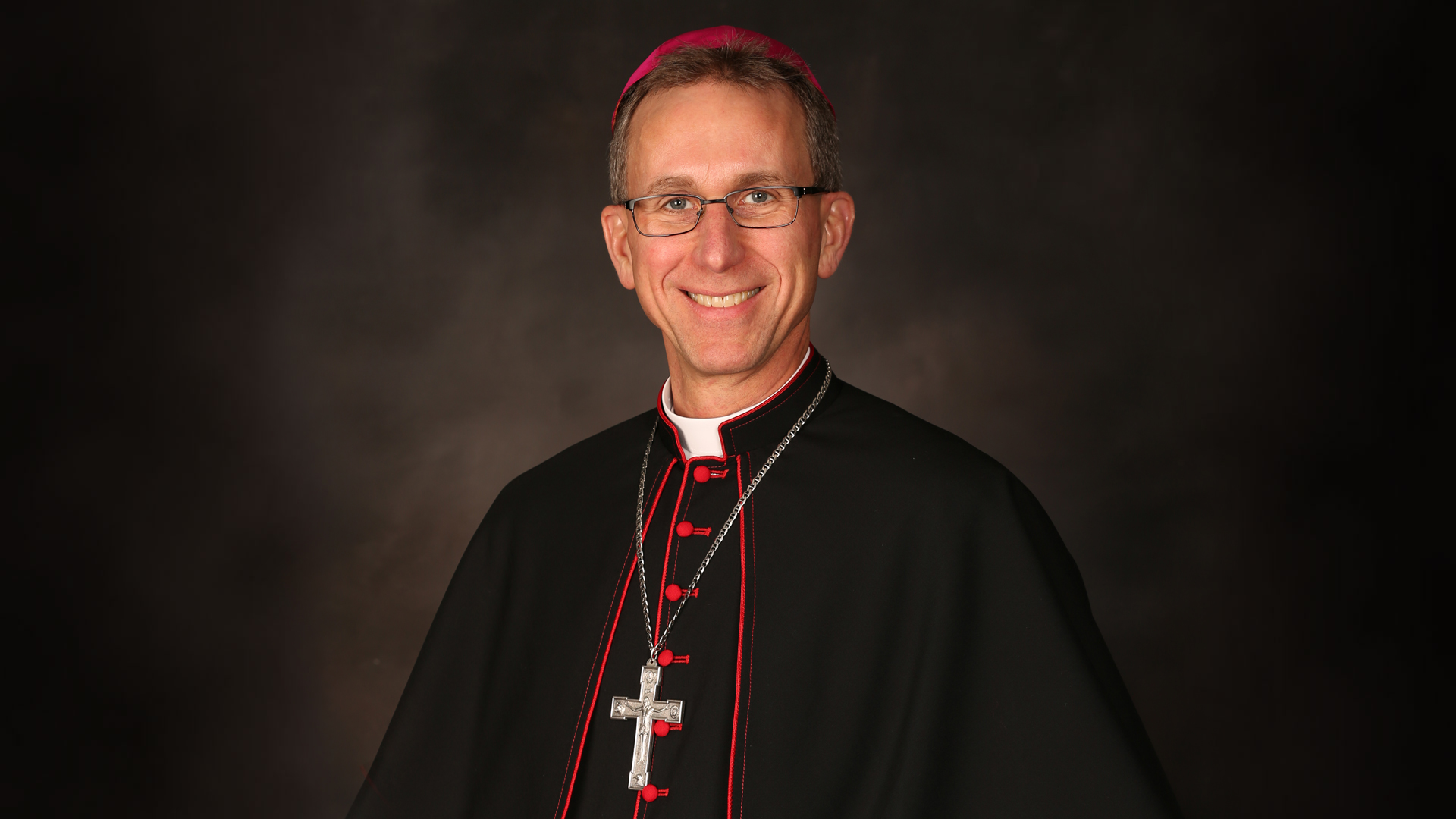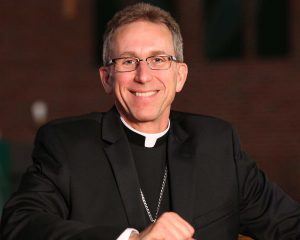
All the way back to childhood years, I was able to spiritually mature because of the freedom we enjoy in America to teach and practice our faith. I credit God’s spiritual help along with my family, Father Francis Poiliot (my childhood pastor), other clergy, religious sisters, parishioners and Catholic school faculty in Faribault for teaching and helping me to freely live our beloved Catholic faith.
We, of course, would not have this without the civil rights in the First Amendment of our country’s Constitution. I thank God and all those who have sacrificed so much to help me develop such faith and reason-based convictions that promote both the common good of society and the proper individual goods and rights belonging to each human person.
Because we are made in the image and likeness of God (Genesis 1:27) and blessed with a free will, it is important we use that free will to know, love and serve God and others. The more we fall in love with God, the easier it is for us to freely choose the most charitable thing to do in any given situation.
This seems simple but can become more complex if what is good for me and what is good for others seem at odds with each other. The best way to sort this out is to never violate the inherent dignity and rights of any individual person and pray to always make sure that when making a decision, we are considering others’ well-being without violating our own inherent dignity and rights as an individual.
I love the question placed to Jesus about which is the greatest of all the commandments and his response: “You shall love the Lord your God with all your heart, with all your soul, with all your mind and with all your strength. The second is this: You shall love your neighbor as yourself” (Mark 12:30-31a). What we will discover in striving to live Jesus’ teaching is that if we love God by receiving his love, we will have what we need to determine how we are to properly love others and ourselves. So if we pray and learn how to receive God’s love and then lose ourselves in love, we will be able to love others and ourselves in the way God knows best.
At times it may appear that a decision we make is in the interest of loving others for the sake of their good rather than ourselves. Other times it could appear we are loving ourselves more than their good. But if we discern in prayer, with a well-formed Catholic conscience, what is best so as to hold the healthy balance of love of others and of ourselves as God knows best, we will find we have a joyful, peaceful interior freedom regardless of the cost of that choice.
A well-developed Catholic conscience is always in accord with reason, faith and the good willed by God. It is in prayer that the interior freedom comes to a person when we ask God “what do you want me to do?” not because we have to, but because we want to choose what he knows is best for the sake of love (him, others and ourselves). Without charity (God’s love), we cannot love ourselves or others properly.
With God’s love, all is rightly aligned to the ultimate good that is only found in God’s perfect plan for us individually and for others. This occurs when we are open to receiving God’s grace (his spiritual help) so that “Where the Spirit of the Lord is, there is freedom” (2 Corinthians 3:17).
God freely chose to create us in his image and likeness and give us his divine life and love, redeeming us through Jesus’ sacrifice on the cross and through the Holy Spirit animating us with spiritual capacities, powers and actions. He does not withhold or force his love upon us. He allows us to freely choose for ourselves whether or not we want to receive his love and consequently love him, others and ourselves as he does.
Essentially this means when we receive the Holy Spirit through grace (God’s spiritual gifts and virtues and other spiritual powers) and act upon those godly blessings to respond to those blessings, we choose the best course of action as it relates to God, others and ourselves. Such godly free choices enable us to deepen our spiritual capacities and to experience interior peace, joy, and true religious freedom.

